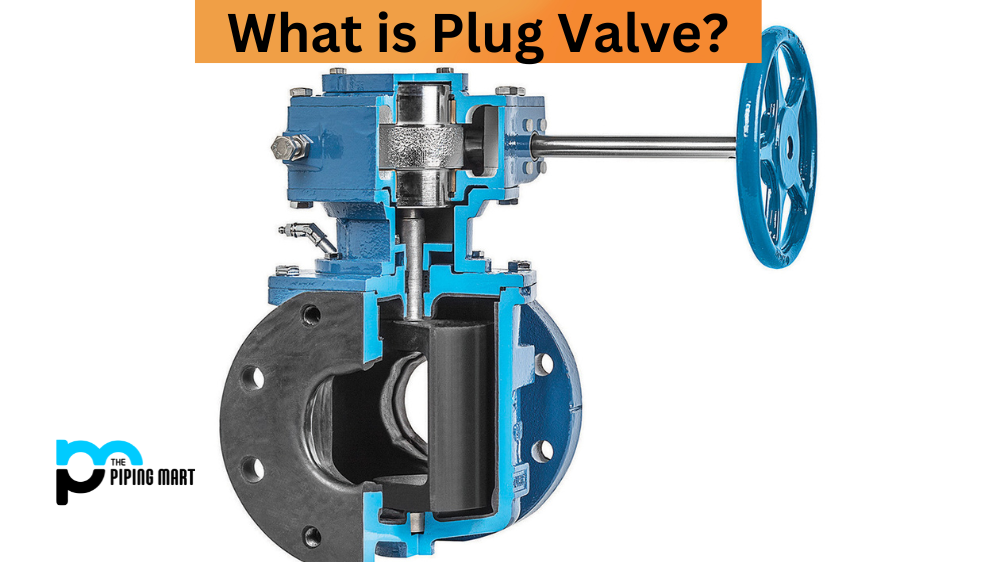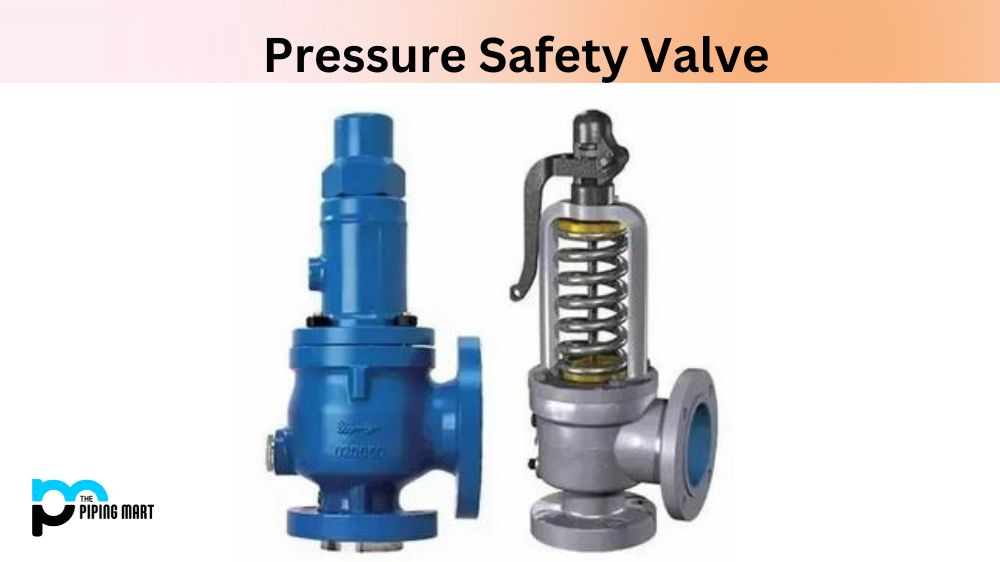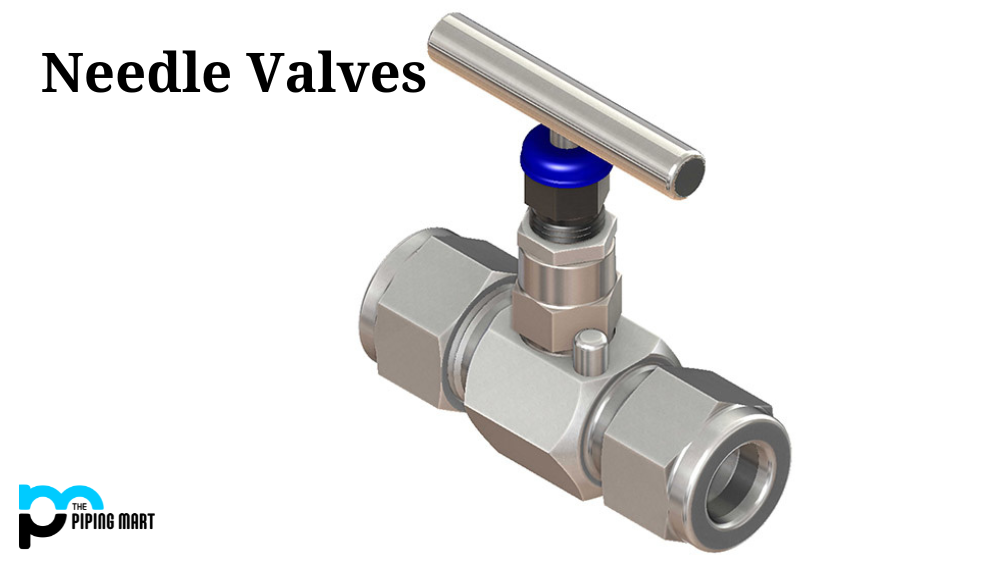Have you ever heard of plug valves? If not, you’re not alone. Despite the fact that these valves are used in a variety of industries, they tend to remain a mystery for the average person. In this blog post, we’ll explore what plug valves are, their properties, and how they can be used.
What is Plug Valve?
A plug valve is a quarter-turn valve with a cylindrical or conical plug that fits into the flow stream. The plug has one or more holes through it to allow flow. When the valve is rotated 90 degrees, either the hole or holes are aligned with the flow stream or blocked off from it. This type of valve is often used when quick action shutoff is needed, as well as where tight shutoff and low-pressure drop are desired.
Properties
Plug valves have several properties that make them ideal for certain applications. They have relatively low-pressure drops in both open and closed positions due to their streamlined design; they require minimal manual force to operate; and they are highly reliable due to their simple construction and lack of moving parts. Lastly, due to their compact size, plug valves can be installed easily in small spaces without sacrificing performance or reliability.
- A plug valve is a quarter-turn valve that uses a plug to stop or start the flow of fluid.
- Plug valves are available in a variety of materials, including brass, bronze, cast iron, and stainless steel.
- Plug valves are often used in applications where a tight seal is required, such as in irrigation systems.
- Plug valves can be actuated manually or automatically.
- Some plug valves have an indicator that shows whether the valve is open or closed.
Uses
Plug valves can be found in many different types of industries, including oil & gas production & refining, chemical processing & storage, power plants & water treatment facilities. Some common uses include controlling steam lines, preventing backflow in sewer lines, regulating fluids in pipelines & tanks, controlling wastewater discharge rates & preventing overfilling in reservoirs. In addition to these industrial applications, plug valves have also been used for medical purposes, such as controlling irrigation fluids during surgery & providing precise control over water systems during dialysis treatments.
- Pipeline isolation
- Blocking or diverting flow
- Regulating flow
- Measuring flow
- Sampling
Conclusion:
In conclusion, plug valves are an important tool for many industries because of their properties and use mentioned above. They provide reliable performance with low-pressure drops and require minimal manual force to operate. Additionally, these valves can be easily installed even in tight spaces without compromising performance or reliability. If you’re looking for a cost-effective way to control fluids in your industrial process, then look no further than plug valves!

A passionate metal industry expert and blogger. With over 5 years of experience in the field, Palak brings a wealth of knowledge and insight to her writing. Whether discussing the latest trends in the metal industry or sharing tips, she is dedicated to helping others succeed in the metal industry.




